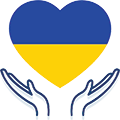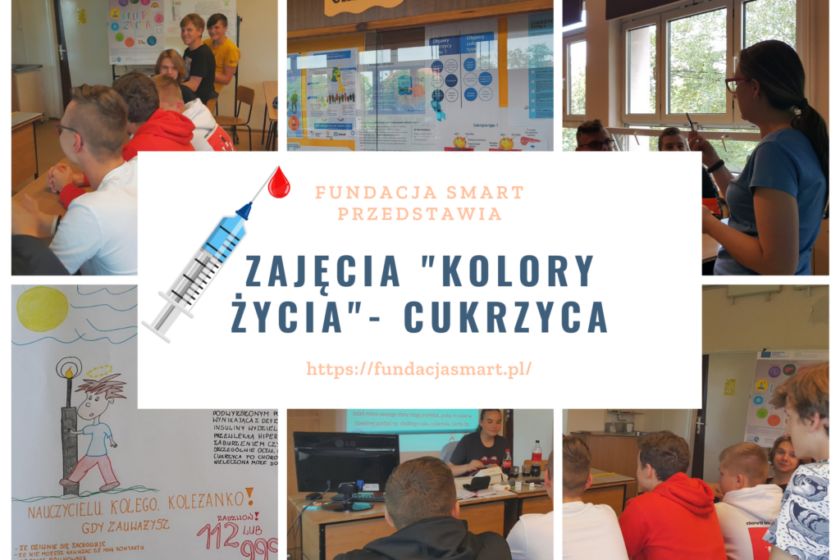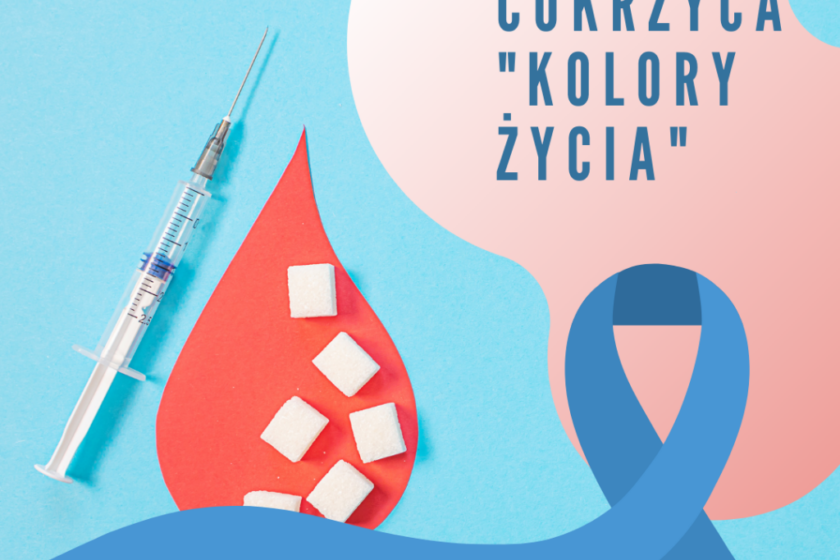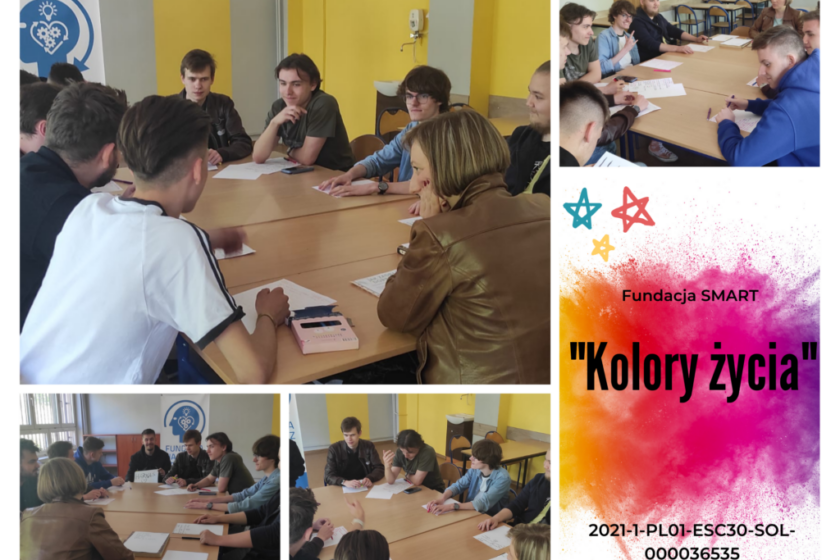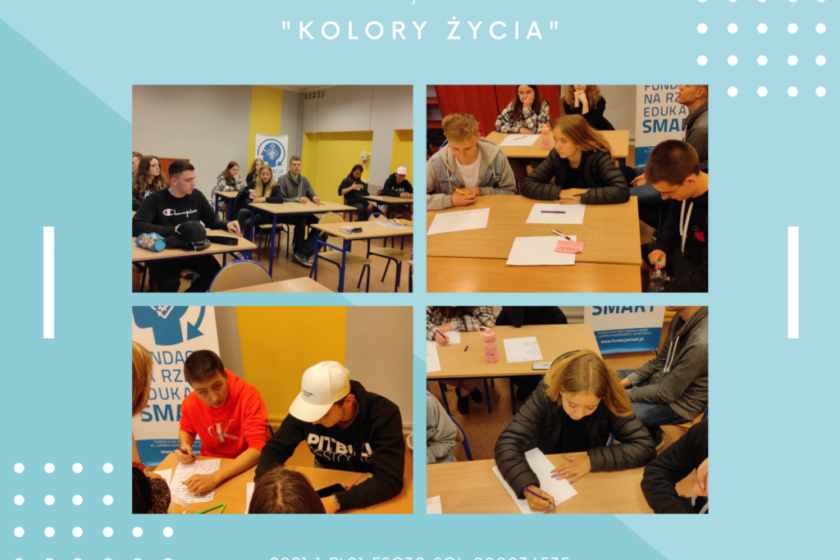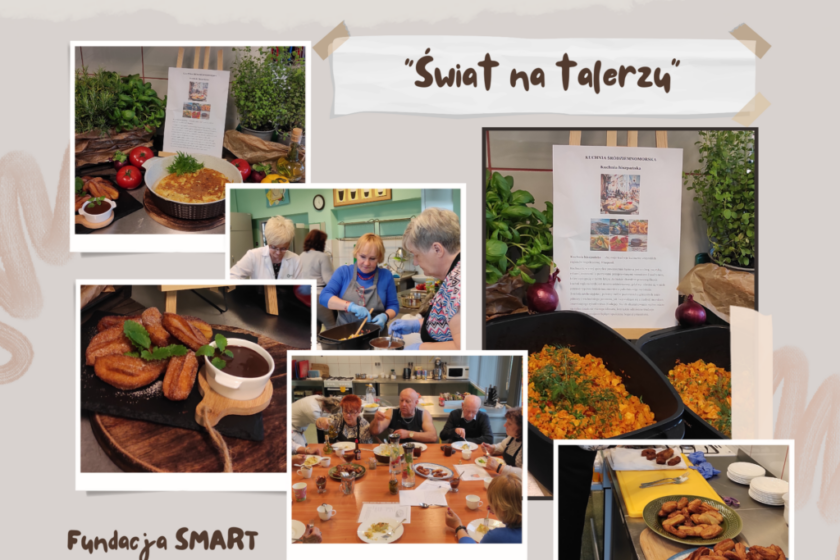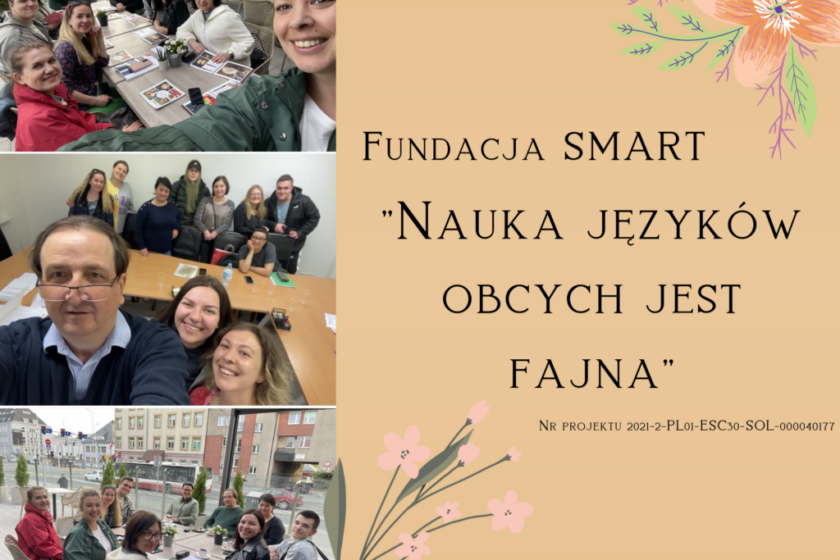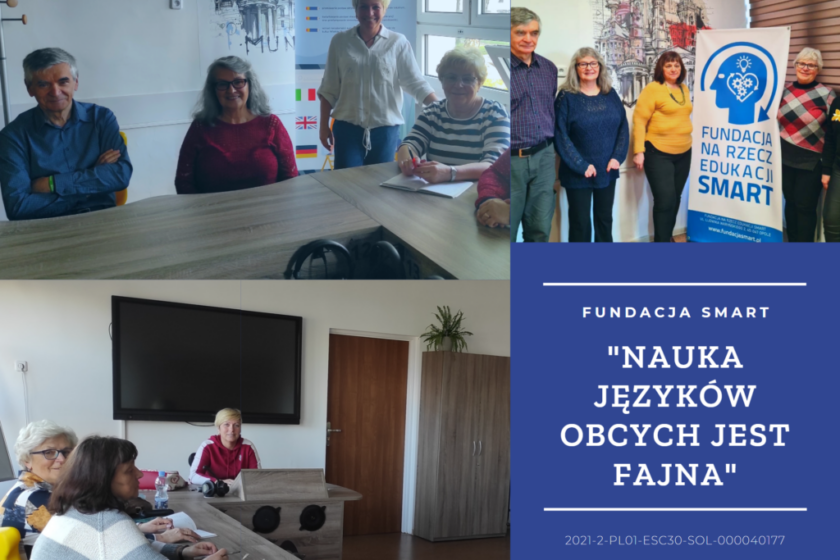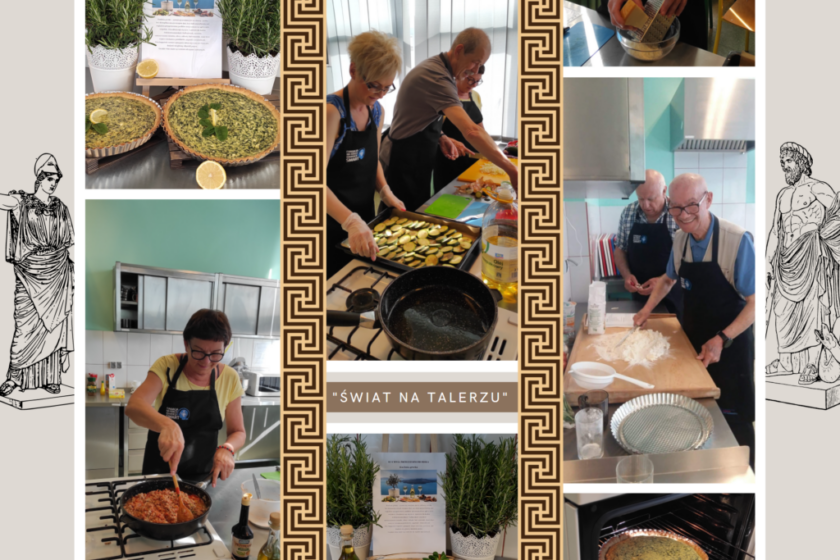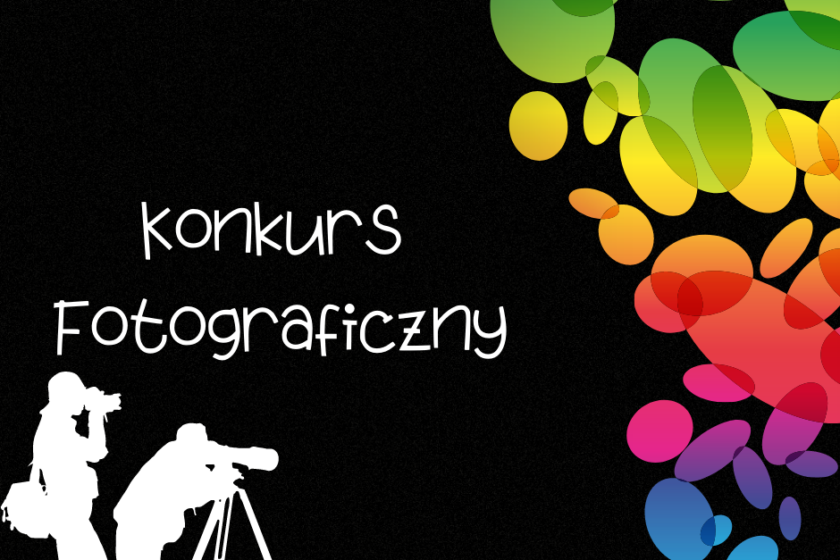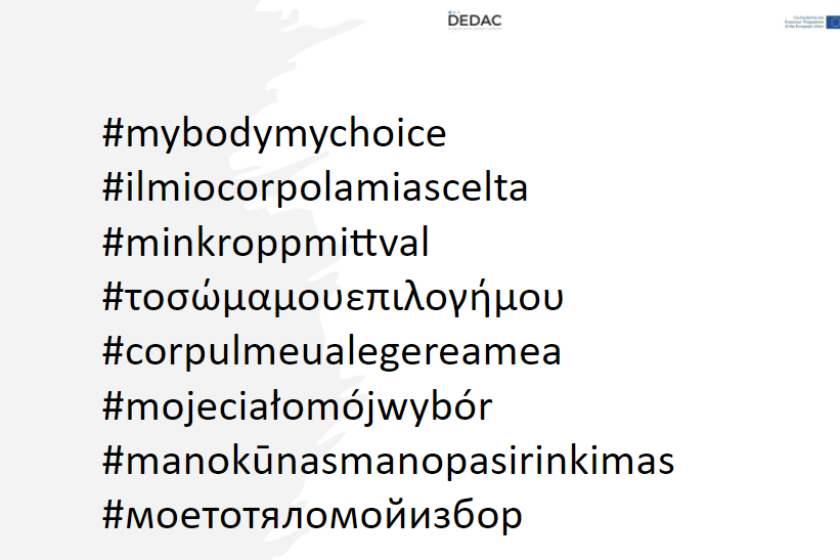Another action was successful! As part of the project “Colors of Life” – 2021-1-PL01-ESC30-SOL-000036535, there were classes for students of the Technical School No. 4 in Transport in Sosnowiec. The classes took place on June 14, 2022 and were divided into two parts:
- Theoretical part – we explained the types of diabetes, its causes, symptoms and complications.
- Practical part – we solved the mystery of the orange injection – glucagon – that is, when and how to give it, we measured the sugar in a known sweetened drink and its “0” version, and we learned the difference in the treatment of type 1 diabetes with pens (injections) or an insulin pump.
There were also technological innovations. The students could see what CGM (Continuous Glucose Monitoring) looks like, how it is put on and operated by special applications. In another application, we calculated the caloric value of a sample meal (broken down into proteins, fats and carbohydrates). Students also learned about the rules of counting meals without the use of smartphones and applications, and as you know life without a phone is impossible for some 🙂


